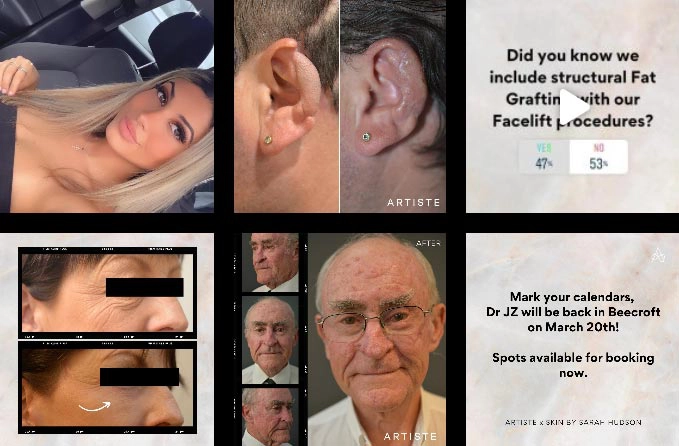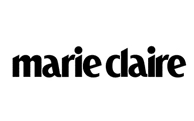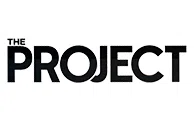Who is a good candidate for a deep plane facelift?
Model featured in photography
As we age, it’s common to notice natural changes in our skin, including reduced elasticity, which can result in areas of loose skin, fine lines, and wrinkles.
Though natural, some still seek ways to “address” such changes. One such invasive, and risky technique which could create alterations on these age-related changes is a Deep Plane Facelift. This cosmetic procedure involves adjustments to the deeper layers of facial tissue to create a “lifting” effect.
However, deciding whether someone is a candidate for this procedure involves more than just meeting certain criteria or the need to “achieve” aesthetic goals.
True candidacy for such elective procedures should consider factors like physical health, psychological readiness, and realistic expectations. This article explores key aspects that might be involved in assessing whether a deep plane facelift is appropriate, emphasising the importance of thorough evaluations and personalised consultations.
Understanding the Deep Plane Facelift
Unlike traditional facelifts that primarily focus on tightening the skin, a deep plane facelift repositions the deeper layers of facial muscles and fat.
This technique allows for a more natural lift, reducing the risk of the “pulled” look that may happen after a standard face lift . The procedure may potentially address age-related changes like loose skin and reduction in skin laxity in the nasolabial folds, neck, and jowl areas.
Characteristics of a Good Candidate
1. Good General Health
Candidates should be in good overall health to ensure a safe and smooth recovery. Conditions such as high blood pressure, diabetes, or bleeding disorders can increase the potential risks associated with surgery.
A thorough medical evaluation and a referral from your GP is required to determine if a patient is fit for the procedure.
2. Non-Smokers
Smoking can significantly impair the healing process and increase the risk of complications. Therefore, candidates who do not smoke or are willing to quit smoking for a period before and after the surgery are preferred. Quitting smoking helps enhance blood flow and promotes better healing.
3. Realistic Expectations
A good candidate for a deep plane facelift has realistic expectations about the outcomes. While the procedure can significantly make improvements in the face and neck, it doesn’t stop the ageing process entirely.
Understanding the potential results and having a positive outlook can contribute to overall satisfaction with the procedure.
4. Adequate Skin Elasticity
Though the deep plane facelift targets deeper tissues, some degree of skin elasticity is still beneficial. This ensures that the skin can adjust well to the newly repositioned tissues, enhancing the overall results of the surgery.
5. Psychological Preparedness
Undergoing a facelift is a significant decision that requires psychological preparedness. Candidates should be mentally ready for the changes in appearance and the recovery process.
An essential part of the assessment includes a Body Dysmorphic Disorder (BDD) screening, a vital step in ensuring that candidates have a healthy perception of their goals and expectations. BDD screenings help identify individuals who may be struggling with persistent, intrusive concerns about their appearance that could affect their satisfaction with the outcome.
Consulting thoroughly with your GP and surgeon before proceeding can provide clarity, address any underlying concerns, and help with preparation.
Am I a Good Candidate for a Deep Plane Facelift?
Consulting with a qualified plastic surgeon is crucial to determine if a deep plane facelift is the right choice for you.
Should you need more information about this cosmetic procedure, you may wish to reach out to Artiste Plastic Surgery. Our Specialist Plastic Surgeon, Dr Jack Zoumaras,is available to discuss what’s involved in a deep plane facelift and answer any questions you may have.
Cosmetic surgery is a deeply personal decision, and it’s essential to feel comfortable and well-informed throughout the process.
Take the time to discuss any concerns with your healthcare provider and carefully consider all aspects of the procedure, including the recovery period, potential risks, and your long-term goals. If at any stage you feel uncertain or have questions, be sure to share them with your surgeon so that you feel fully prepared in making the decision that is right for you.
Disclaimer: At Artiste Plastic Surgery, our Plastic Surgeons led by Dr Jack Zoumaras have been trained to the highest possible degree. All surgery has risks and it is always advised to get a second opinion. Risks are very real and we cannot guarantee any result. Results are illustrated as a guide only. All risks are managed and any need for revision surgery or complications (1-5%) can be managed by our specialist plastic surgeons.
Any statements on how you will feel is based on Level V Evidence:
Level V: How you will feel after plastic surgery varies between individuals, depending on psychological and physical factors. Our internal research is based on how patients in our practice feel after surgery.
The blogs are not a substitute for a medical consultation and do not form as part of the doctor to patient relationship.
SHARE THIS ARTICLE
Jul01
Facelift Recovery Tips: What Speeds Up Healing and What to Avoid
Disclaimer: At Artiste Plastic Surgery, our Plastic Surgeons led by Dr Jack Zoumaras have been trained to the highest possible degree. All surgery has risks and it is always advised ...
Jul01
How to Prepare for Facelift Surgery: What to Do Before Your Big Day
Disclaimer: At Artiste Plastic Surgery, our Plastic Surgeons led by Dr Jack Zoumaras have been trained to the highest possible degree. All surgery has risks and it is always advised ...
ABOUT ARTISTE
Artiste Plastic Surgery is an Award Winning Specialist Plastic Surgery practice led by internationally trained Dr. Jack Zoumaras, Plastic Surgeon and Peer Reviewed Face Surgeon
Artiste offers the latest Cosmetic Surgical Procedures of the Face, Breast and Body, inspired from leading centres around the world.
STAY IN THE LOOP
Enter your email address below to receive updates on new articles and VIP access to promotions and special offers.
FOLLOW US ON INSTAGRAM










